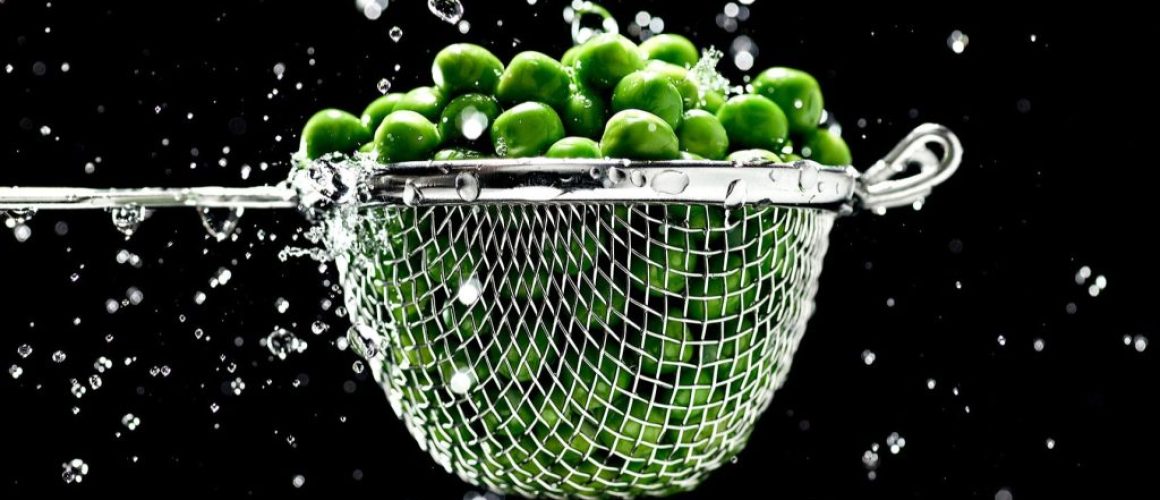Pea Protein Revolution – what’s the big deal about plant protein?
Welcome to the Pea Protein Revolution
What’s the big deal about pea protein, or, plant protein in general?
Scan the dailies or watch the news, and you see increasing news coverage about a certain company coming up with a plant burger and stories about more people shifting to plant-based diets.
In the wake of the COVID-19 pandemic, the demand for natural, immunity-boosting plant protein has reached an all-time high.
A few months ago, in September 2020, Sir David Attenborough released his film, ‘A Life on the Planet’. It broke all records and we read about celebrities embracing a vegetarian lifestyle, veganism, or advocating for a pro-planet attitude.
While David Attenborough’s film took the world by storm, we saw positive words from around the world and took pride in the fact that we are part of the solution rather than the problem.
By no means are we judging meat-eaters, but we are using the film and the increasing global sentiment about planet-friendly food choices, to make a case for more plant protein options.
Protein Statistics
Let’s look at some protein statistics.
Studies illustrate that the average person in developed countries consumes an average of 103 grams of protein a day. It’s more than double the daily recommended intake, and most of it comes from animal protein.
The quick growth of the global pea protein market is indicative of the growing acceptance of plant protein. Pea Protein Market size exceeded USD 130 million, globally in 2019 and is estimated to grow at over 12% CAGR between 2020 and 2026.
A rapid consumer shift towards vegan diets along with rising demand for plant-based alternatives would augment the market growth.
Due to concerns of health, sustainability, or allergen issues related to soy and nuts, pea protein has become a huge contender to replace animal protein in the food world.
World over, many companies are causing paradigm shifts in the way plant protein is retailed and consumed. Plant-based startup Beyond Meat uses pea protein as one of the ingredients to make their beefy crumbles, burgers, and other meat-free, high-protein options. Earlier this year Roquette, a French, family-owned company, announced it will build the world’s largest pea processing plant in Manitoba, Canada.
So, what’s the big deal with pea protein?
It’s an excellent source of plant-based protein, with 15 grams per serving of pea protein isolate. In addition, peas contain three key muscle-building branched-chain amino acids (BCAAs)- leucine, isoleucine, and valine.
It’s small wonder that athletes and body-builders put emphasis on protein intake after a work-out. The most important reason is that the amino acids are responsible for repairing and growing muscle tissue.
Better still, it’s low-fat and free from dairy, soy, wheat, gluten, and cholesterol. Furthermore, the environmental impact of pea protein is significantly less than that of animal protein, which adds heavily to global greenhouse gas emissions, deforestation, and habitat loss.
Today, we have more plant-based options than ever before. In the years to come, the percentage share of plant protein in the protein market is slated to increase.
Does it seem like the future of food has arrived? It’s a pleasure for plant-protein lovers that the humble pea is leading the protein revolution
